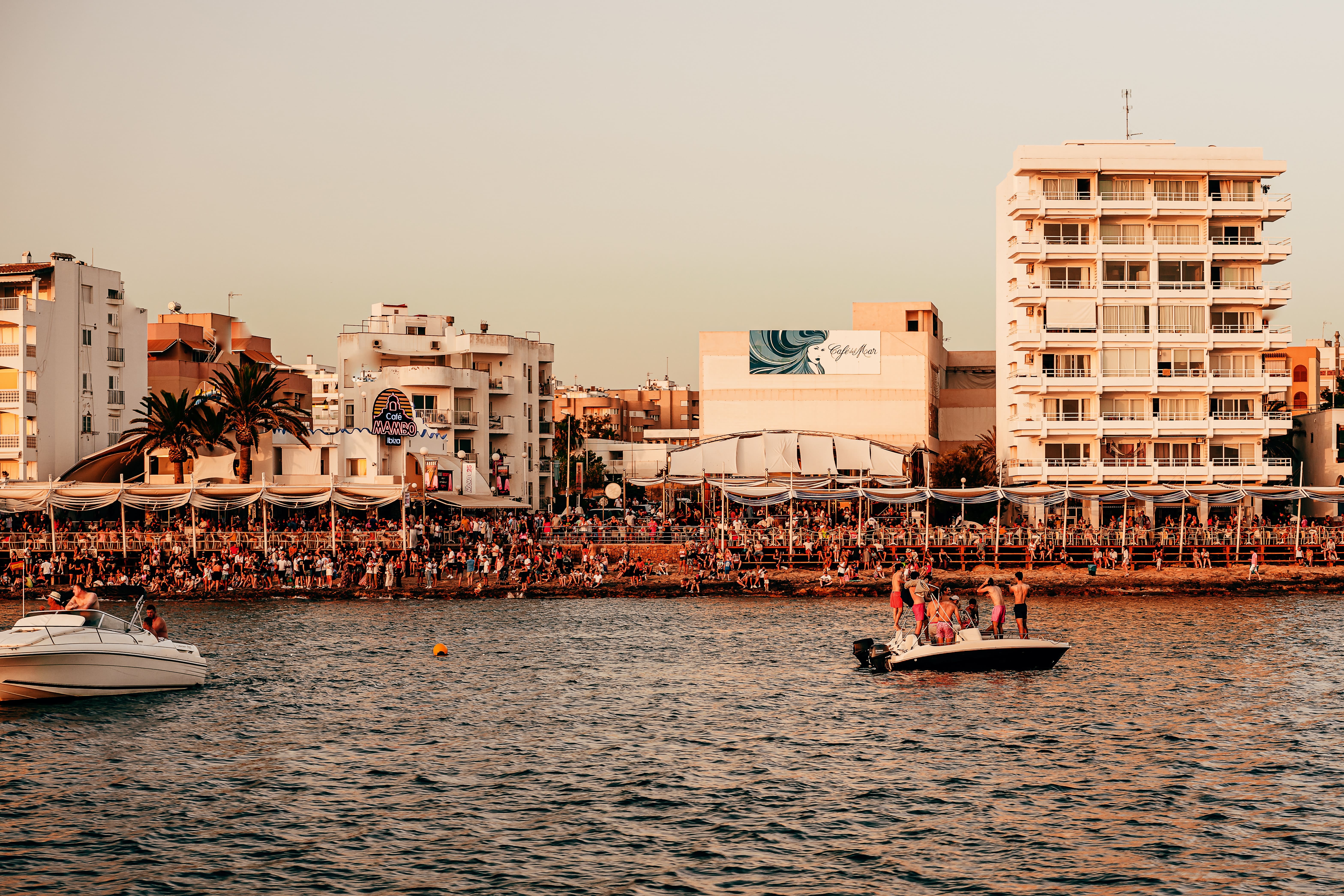Your holidays are (finally!) here. As you head for a memorable day at the beach, you can't stop thinking about the relaxing sound of the sea, the sun on your skin, the fish swimming around...
However... Surprise: you actually get to the beach and you know your dream is not becoming a reality. There aren't any free spots on the entire beach, you can't see the sand, all you can see is people.
This "flood" of tourists in popular destinations around the world gives name to a problem that is only increasing: overtourism. This phenomenon increasingly represents a reality that the inhabitants of these destinations are facing: their environment invaded by visitors. And in a very unsustainable way for the place.
An unpleasant overcrowding
What causes these destinations to be overrun with visitors now? The explanation is simple: more and more people in developing countries belong to the middle class. And the money they earn is invested in travel. If traveling was once considered a luxury for the privileged, now it is a very common activity.
What causes this situation?
- High seasons: for this reason, pretending that your favorite beach is empty in August is the closest thing to an impossible mission.
- Access to cheaper ways of traveling: the enrichment of the population is added to travel at very low prices. Low-cost airlines, rentals for tourists, cheap cruises that overload the ports...
- International travel is becoming more and more frequent: nowadays, visiting a destination on the other side of the planet is anything but strange.
- The destinations that suffer the most from collapse tend to have few regulations on tourist accommodations. In many cases, none at all. This situation is compounded by the fact that in many tourist locations, rentals for residents do not have stable prices. Offering them as a vacation stay is much more profitable.
We must not forget a very important detail: overtourism does not simply mean that there are many tourists in a place. It also implies that the destination has not known how to manage that increase of population in high seasons. However, it is possible to find a balance and solve this situation.

How to manage this phenomenon?
Going back to the beginnings of tourist activity, when the improvement of the local communities was a main goal. Both for those who already live there, and of course, for those who are visiting.
However, that does not mean that as tourists we do not have responsibilities. Learning to think about how, when, where and in what way we travel and take care of the environment we visit is an individual task.
Although a change is needed in the tourism industry and in the governments of the destinations themselves to regulate the influx of visitors correctly, the collaboration and interest of tourists is essential. Only in this way can sustainable tourism communities be achieved. Perhaps in this way we will be able to enjoy our favorite vacation spots for many years to come.




